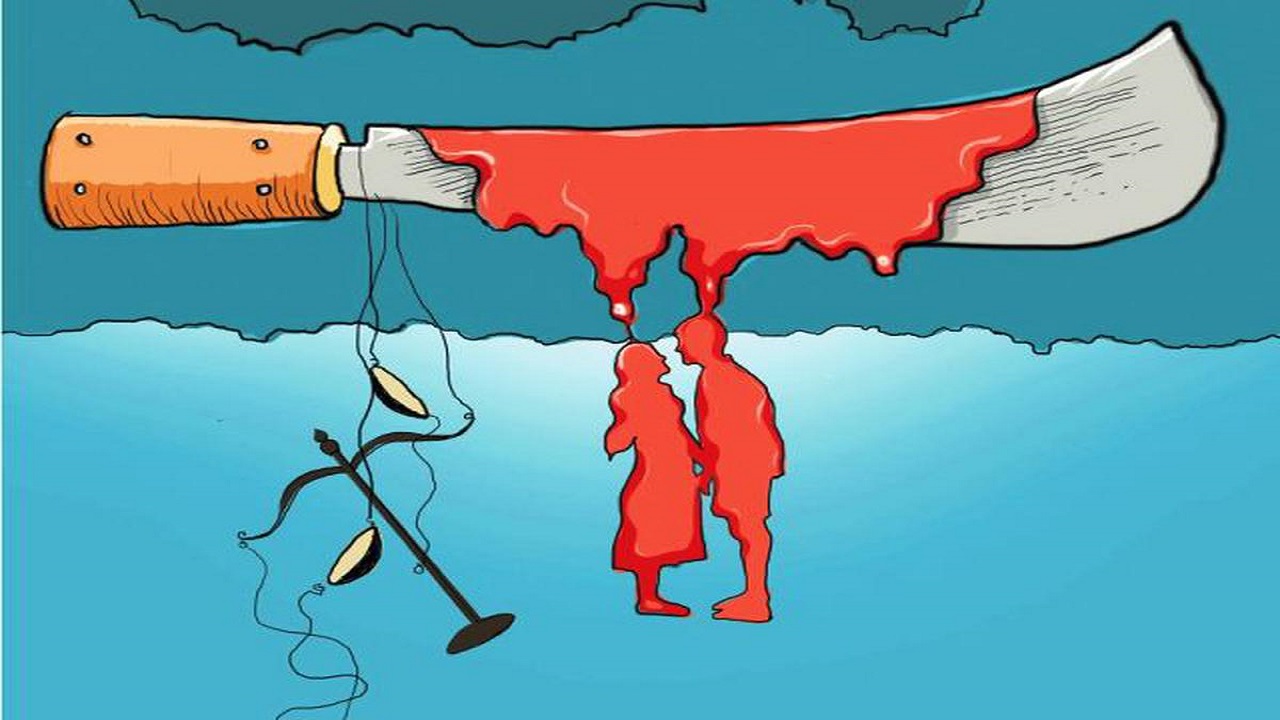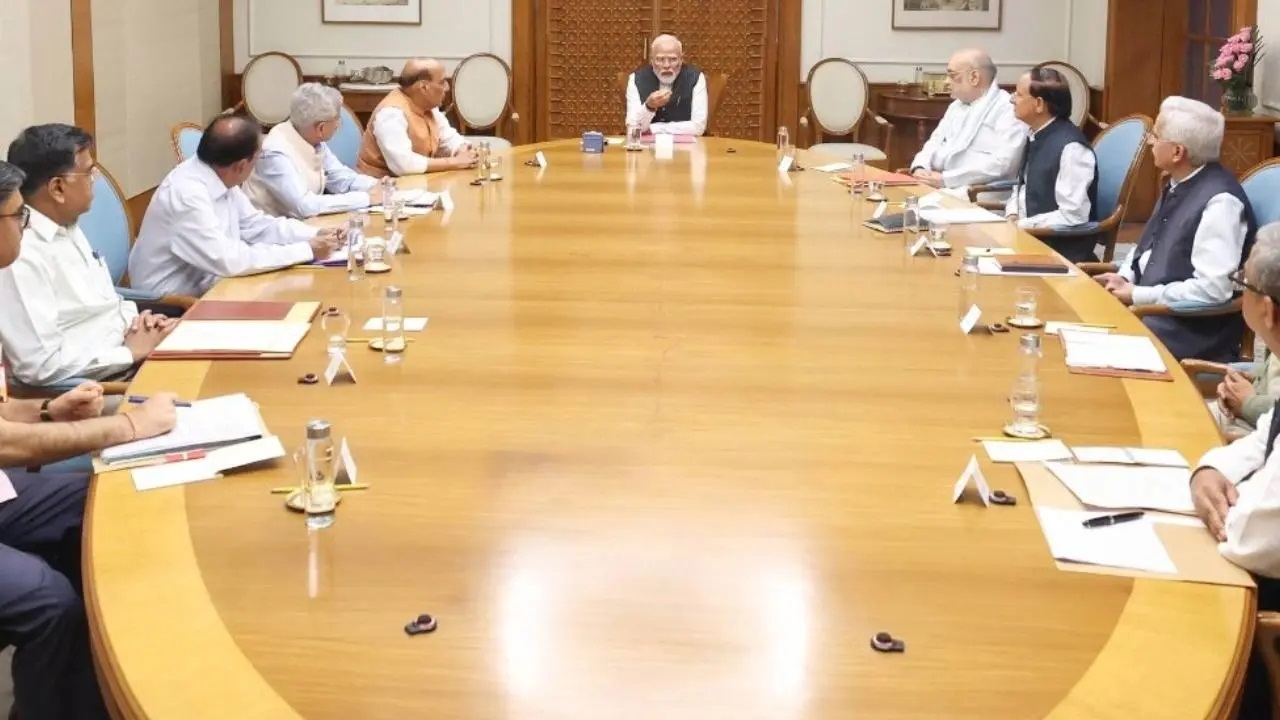Honour Killings in India : When Family Honour Overrides Individual Rights
Context
Recent caste-based killings in Tamil Nadu and other States have reignited the debate on honour crimes. These incidents show how family and community structures still legitimise violence in the name of caste and honour, undermining constitutional values.
Introduction
Honour killing refers to the murder of individuals by family or community members for marrying or choosing partners outside caste, religion, or clan boundaries. Families claim to protect honour, but in reality, it is about upholding social control, caste hierarchy, and patriarchal dominance. Most victims are inter-caste or inter-faith couples, often Dalit men with dominant-caste women.
Causes Behind Honour Killings
-
Caste and Community Pressures
Caste endogamy preserves hierarchy. Inter-caste marriages, particularly with Dalits, provoke severe backlash. -
Patriarchal Control
Women’s autonomy in choosing partners challenges male dominance as they are considered bearers of family honour. -
Economic and Social Interests
Same-caste marriages protect dowry systems, inheritance rights, and social ties, while inter-caste unions threaten these benefits. -
Fear of Social Boycott
Families fear humiliation or expulsion from caste networks. Violence is used as a deterrent. -
Khap and Jati Panchayats
In states like Haryana and UP, caste councils issue diktats against inter-caste marriages, legitimising violence and weakening formal law enforcement. -
Weak Law Enforcement
Police often hesitate to act against influential caste groups, leaving couples vulnerable.
Consequences
-
Violation of Fundamental Rights – Direct attack on Article 21 (right to life with dignity) and Article 19 (personal liberty).
-
Gender Injustice – Women disproportionately face violence, being treated as symbols of community honour.
-
Reinforcement of Casteism – Rather than eroding caste, honour crimes strengthen it.
-
Threat to Democracy and Rule of Law – Parallel caste councils undermine constitutional courts.
-
Psychological and Social Fear – Youth experience trauma, insecurity, and hesitation to marry outside caste or religion.
Legal and Constitutional Safeguards
-
Constitutional Provisions
Article 14 – Equality before law
Article 15 – Prohibition of discrimination
Article 19 – Freedom of choice and association
Article 21 – Right to life and liberty -
Statutory Provisions
Bharatiya Nyaya Sanhita – Section 103 (murder), Section 109 (attempt to murder), Section 61 (conspiracy)
Prohibition of Child Marriage Act, 2006; Hindu Marriage Act, 1955 -
Proposed Law
Prevention of Crimes in the Name of Honour Bill seeks to criminalise honour killings.
Judicial Stand
-
Lata Singh v. State of UP (2006) – Upheld inter-caste marriages as valid under freedom of choice.
-
Arumugam Servai v. State of Tamil Nadu (2011) – Declared khap panchayat diktats unconstitutional.
-
Shakti Vahini v. Union of India (2018) – Directed states to establish safe houses, monitor caste gatherings, and hold officials accountable for negligence.
Way Forward
-
Dedicated Law – Specific legislation on honour crimes with stringent punishment and police accountability.
-
Strengthening Law Enforcement – Sensitisation of police, swift trials, and witness protection.
-
Community-Level Reform – Public campaigns involving caste and religious leaders; promotion of inter-caste marriages.
-
Safe Houses and Support Systems – Expansion of shelters with counselling, legal aid, and financial assistance.
-
Educational and Digital Counter-Narratives – Promotion of constitutional morality in schools and through social media.
-
Incentives for Inter-Caste Marriages – Strengthening the Dr. Ambedkar Scheme for Social Integration through timely financial support and protection.
Conclusion
Honour killings are not only crimes against individuals but also crimes against the Constitution. They expose the persistence of caste hierarchies and patriarchal dominance under the guise of honour. The way forward lies in asserting constitutional morality, empowering youth, enforcing strict laws, and dismantling caste-based family control. A society that values freedom of choice over family honour moves closer to equality, justice, and true democracy.


.jpg)

Comments (0)